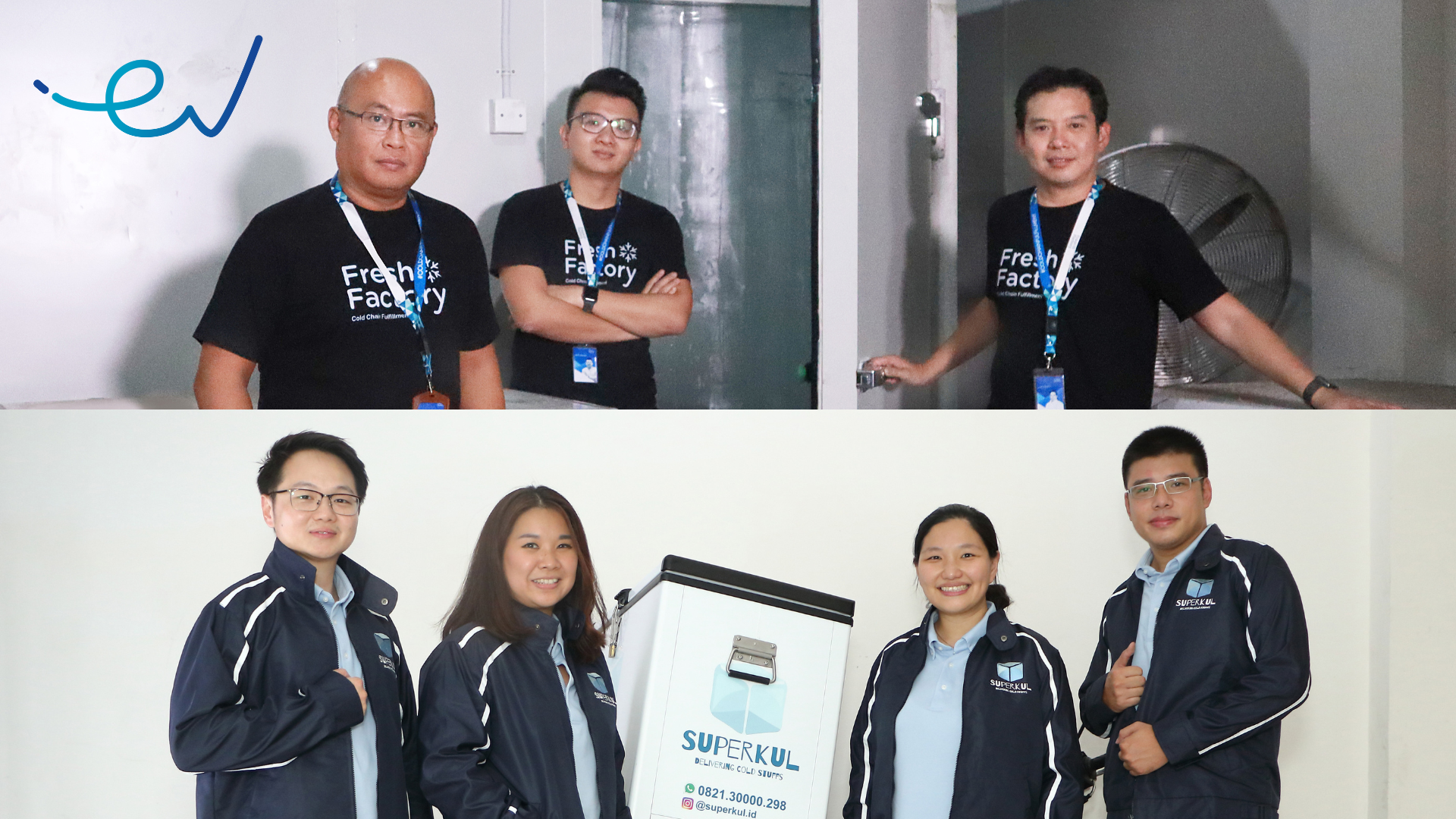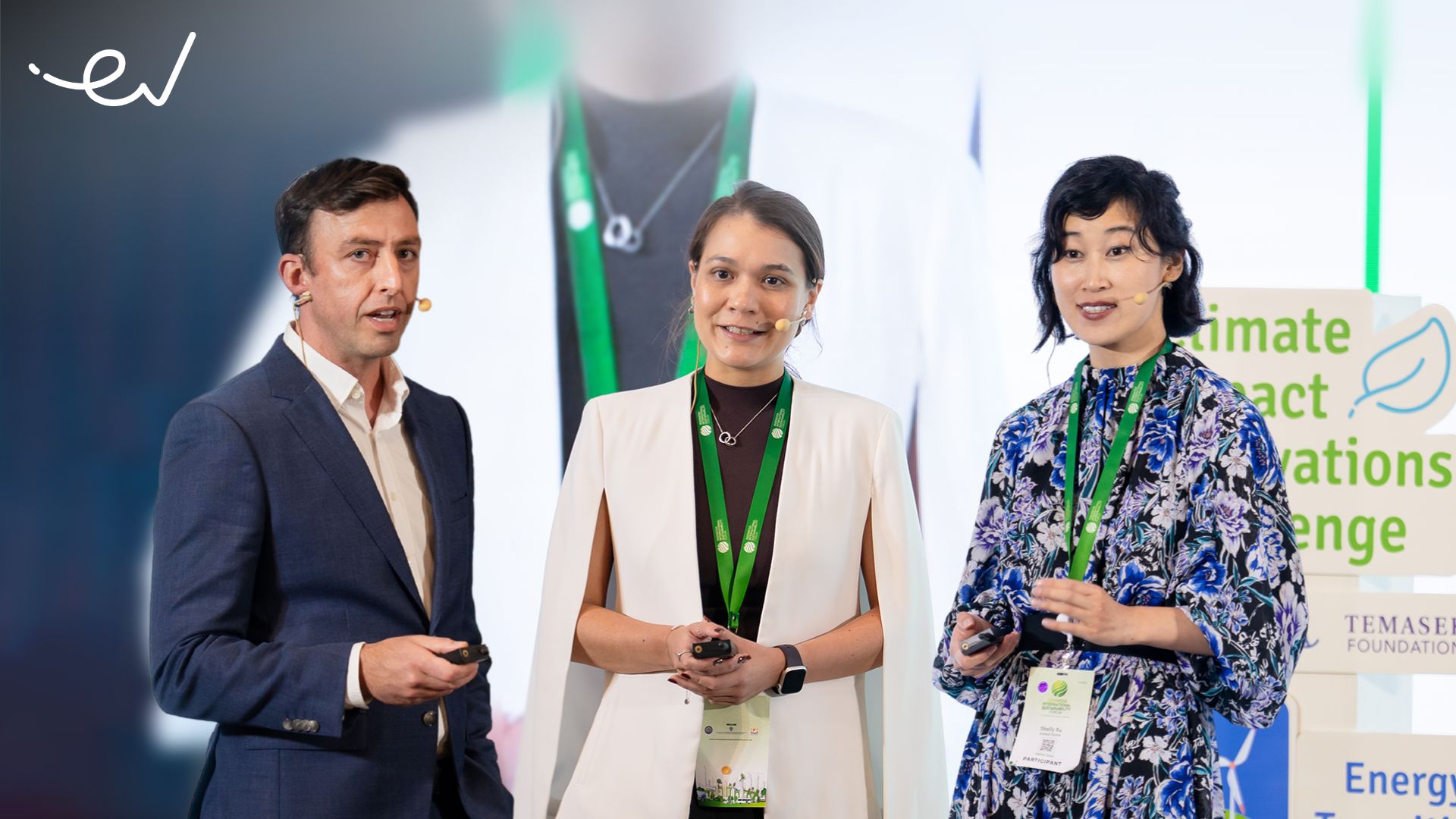Indonesian last-mile logistics startup Paxel found that almost half of its shipments are of frozen food – primarily from MSMEs sending their products to customers. This is despite the company’s fleet mainly made up of motorcycles that are not equipped with any kind of refrigeration.
That has led the startup, which banked US$ 23 million in August, to eye cold chain fulfillment as part of its strategy going forward, says CEO and co-founder Zaldy Masita.
Paxel is not the only startup to bet on the sector. Cold chain players Superkul and Fresh Factory, both of which were founded in 2020, have also raised seed rounds this year, both led by East Ventures.
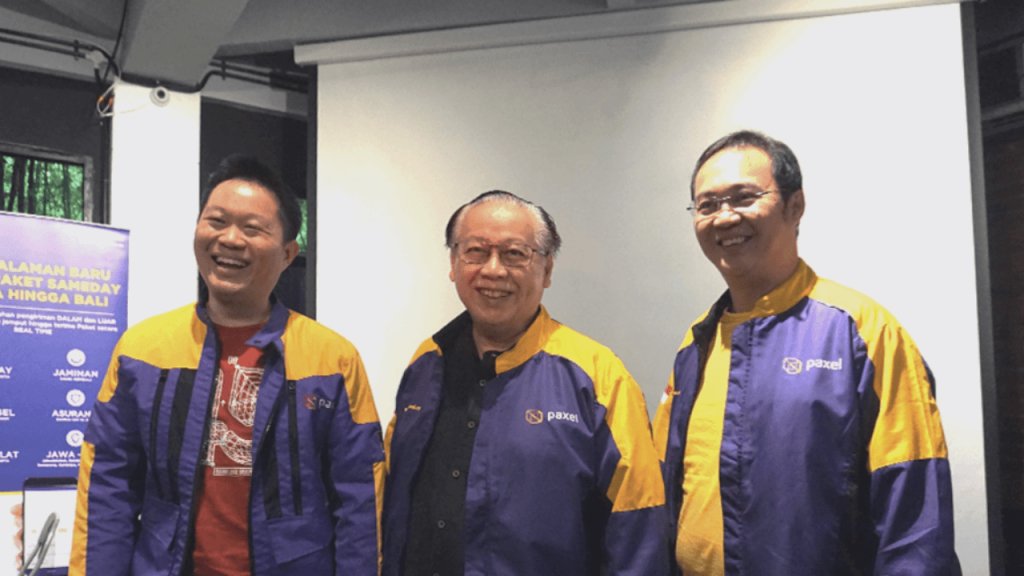
Cold chain logistics as a whole is a large market in Indonesia due to the country’s size, as well as its agriculture and aquaculture industries, which require refrigeration at some point in their supply chains. In 2021, Indonesia’s cold chain logistics space was worth almost US$5 billion in 2021, and it’s set to grow at a compound annual growth rate (CAGR) of 10.2% in the next 10 years, according to Allied Market Research.
“More than 15% of Indonesia GDP is cold chain-related, and if 10% of this is the logistics costs, then this is an industry that is very significant,” says Larry Ridwan, the founder and CEO of Fresh Factory.
But it’s not a space many startups have entered, partly because of high setup and operational costs making it more complex than usual logistics operations. The dominant players are large conventional ones, including local firms Diamond Cold Storage and Wahana as well as global shipping company Maersk.
At the same time, with ecommerce logistics increasingly reduced to a price war and with fuel prices soaring, cold chain may present a growth opportunity.
Soaring demand?
A cold chain refers to “a combination of temperature-controlled surface transport and supply chain,” Allied Market Research noted.
It added that cold chain logistics involves “the freezing solutions required to maintain the quality and shelf life of products,” which include frozen food, fruits, vegetables, meat, and medicine. This covers the transport, storage, and fulfillment of these products, which involves specialized warehouses, vehicles, and other equipment.
These startups can integrate cold chain services with tech platforms such as on-demand apps for last-mile delivery and smart warehouse systems for storage. As Fresh Factory’s Ridwan notes, the cold chain sector was not tech-enabled historically.
“Startups will not compete directly with conventional companies. They provide different services that open the potential for collaboration,” emphasizes Devina Halim, principal at East Ventures.
Superkul, for instance, is collaborating with marine product exporter and frozen food producer PT Sekar Bumi for last-mile deliveries. Paxel has also announced a partnership with ice cream company Wall’s Indonesia for an instant delivery service.
Fresh Factory, which provides hyperlocal fulfillment center services, indirectly cooperates with conventional players because some of its clients also rent warehouses from conventional players, resulting in supply chain integration.
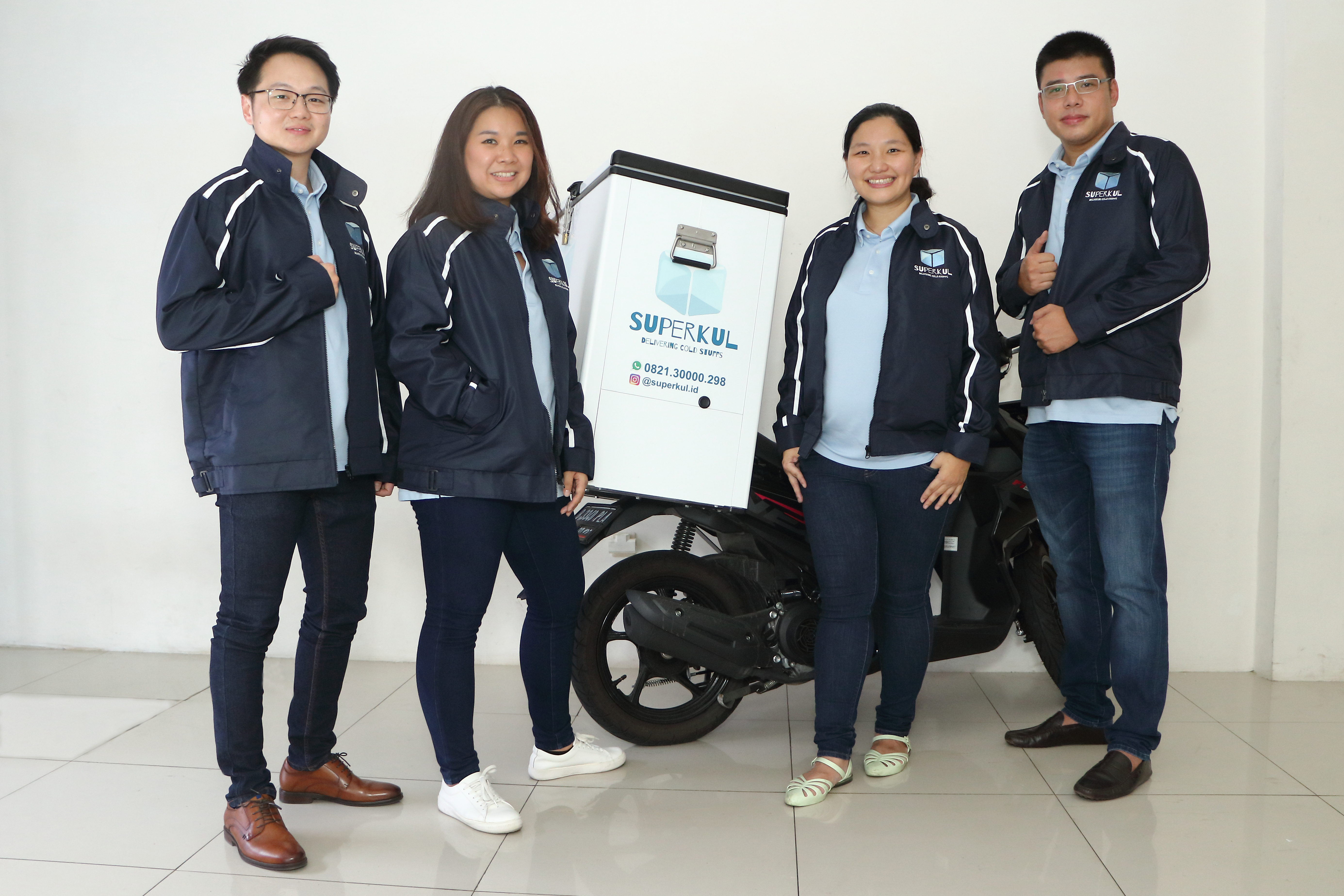
But the obvious cold chain opportunity appears to lie in last-mile logistics. Most of the existing options are primarily large refrigerated vehicles, but these are not necessarily the ideal B2C solution.
In a statement, Superkul co-founder Cathrine Prajitno noted that this lack of reliable last-mile services has hindered business owners, whether MSMEs or larger corporations. As most customers are hesitant to pay a higher delivery cost, they often choose the low-cost, unrefrigerated last-mile solutions. By the time the product reaches the customer, it is often spoiled or damaged.
This is the niche that Superkul is focusing on, but others like last-mile players Lalamove and Anteraja are also looking into the space. Other startups like Fresh Factory, Pasarnow, and FishLog, however, are tackling the cold storage and cold chain fulfillment space, which includes warehousing services.
Meanwhile, Paxel, which was also backed by East Ventures in its previous funding round, provides both last-mile delivery and fulfillment services.
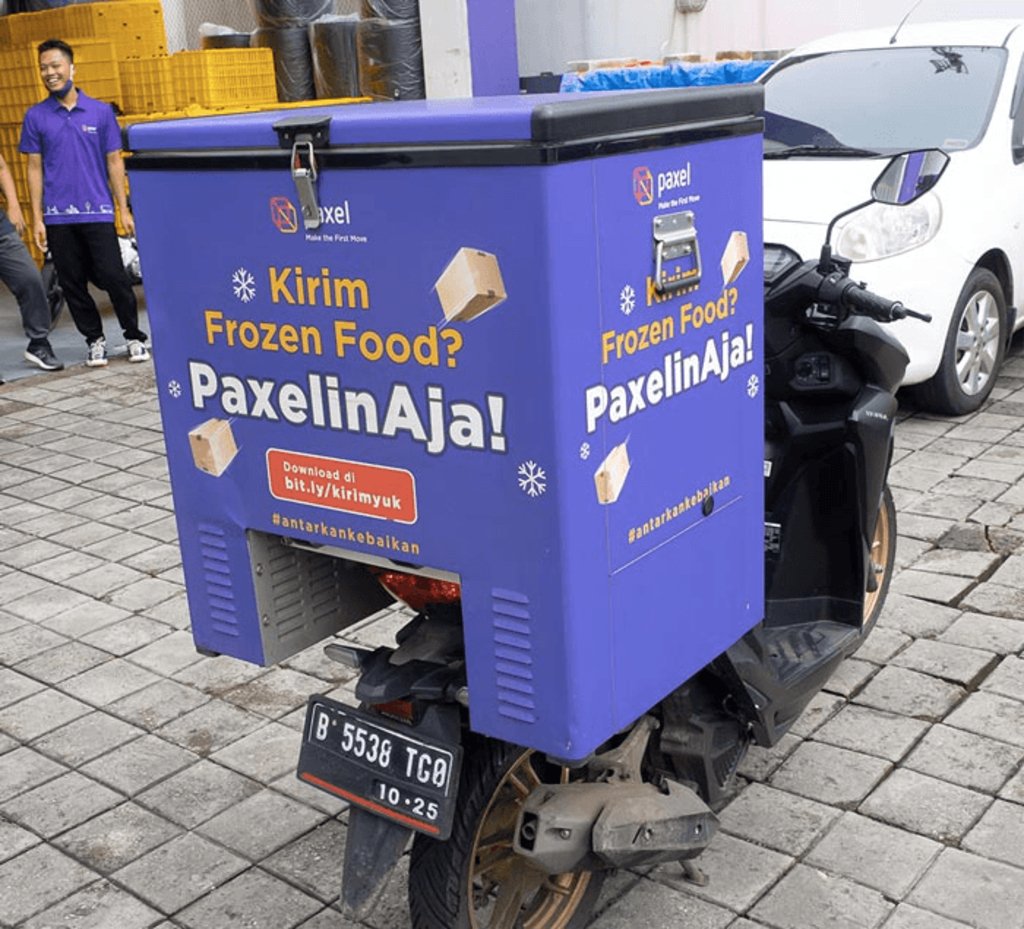
A big driver for the rise in cold chain demand has been the growth of MSMEs during the pandemic. While Paxel is present in Jakarta and other top-tier cities, a major part of business is intercity logistics, and the company sees it as a way for micro-entrepreneurs in smaller towns to sell their products to a wider market.
“If we see an ayam betutu (spiced chicken) seller in Banyuwangi, there’s no way for them to send their products to Jakarta without cold chain logistics. But cold chain logistics [as it is] is too complex,” Masita explains. “So it is actually MSMEs in lower-tier cities that can get the most benefits, as many of them sell fresh products.”
This ultimately led to the firm to use its newly raised capital to expand its cold storages.
“Currently, we have warehouses in 18 cities. Some we operate ourselves and some use partners,” Masita tells Tech in Asia.
While the character of cold chain logistics in Indonesia is mostly B2B, Masita says Paxel will focus more on the B2C segment for its fulfillment services. According to the CEO, there are already many big B2B players in that space.
“There are still very few players who enter B2C for cold chain fulfillment,” says Masita.
Even so, Paxel also continues to provide its fulfillment service for B2B players such as for hotels, restaurants, and cafes, even though the delivery scale is small. Currently, Paxel’s cold chain fulfillment for B2C players makes up 85% of its operations, with the rest coming from B2B clients.
Other players such as Fresh Factory, Crewdible, and Pasarnow also combine B2B and B2C clients for their offerings, while FishLog focuses on the B2B sector.
More complicated operations
However, compared to regular logistics, the infrastructure needed for cold chain logistics is more complicated, which Fresh Factory’s Ridwan points out leads to a high barrier of entry.
Lack of standardization is considered a challenge in this sector, which involves storage temperature, security, and operational procedures. The quality and flexibility of cold warehousing spaces is also a major concern, according to Allied Market Research.
East Ventures’ Halim agrees, adding that “the main challenge in cold chain logistics is operational efficiency because almost all cold chain logistics models require high capital expenditure to purchase assets.”
This makes cold chain players more vulnerable to generating a low return on investment from the assets they have purchased, Halim adds.
Even so, she says that higher operational costs can provide more efficient services, which in the end will get a higher return on investment. Pricing in cold chain logistics is, naturally, more premium than non-cold chain logistics.
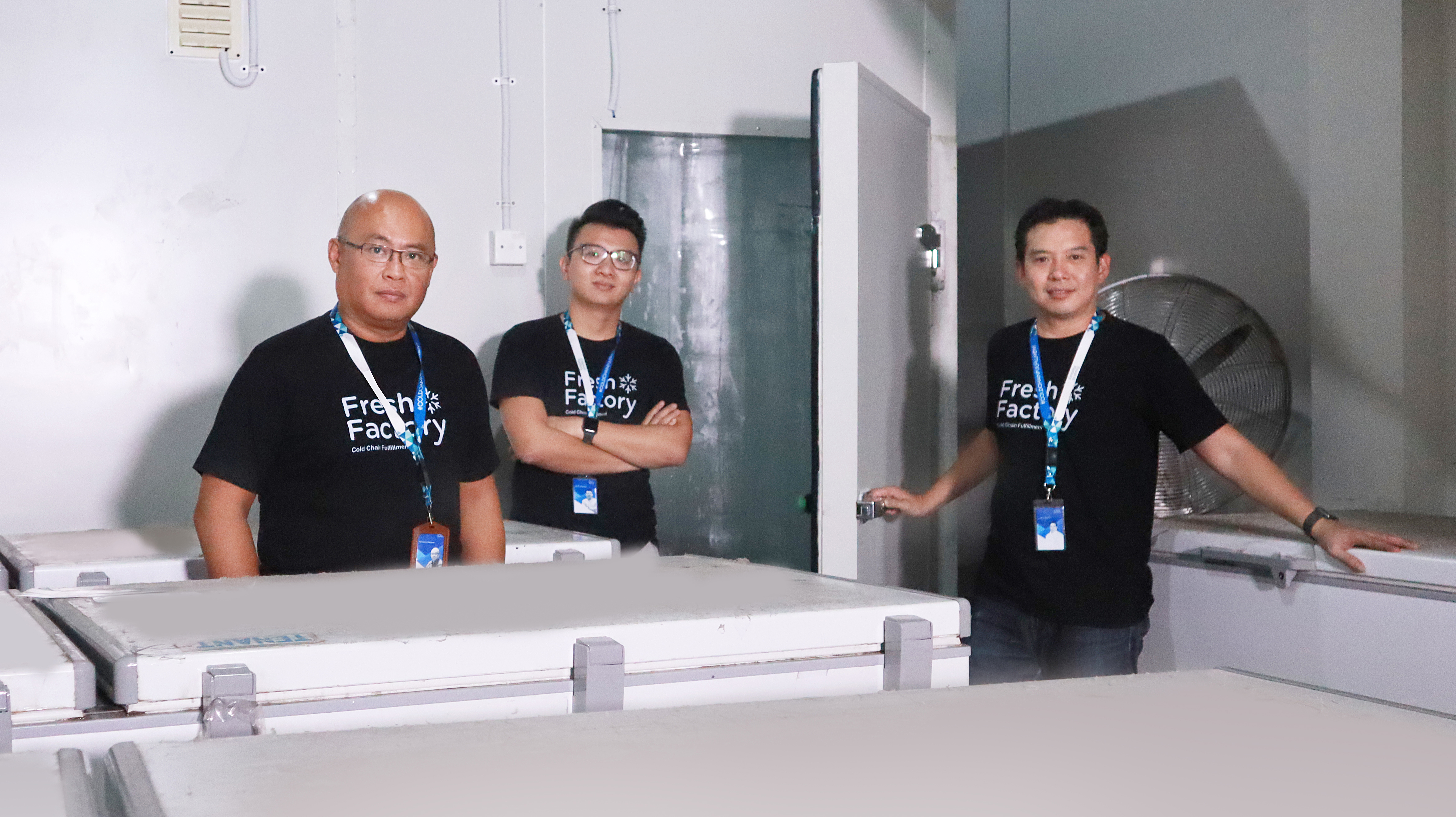
Similar challenges are also found in last-mile delivery. Paxel’s Masita says that carrying out cold chain deliveries is not just about installing freezers in trucks, but there must be standardization to be able to provide consistent service level agreements (SLA). The firm has spent the last four years studying standardization for its cold chain deliveries, he adds.
“This SLA issue is very important in the last-mile cold chain because it must be consistent” due to the products’ fragile nature, Masita emphasizes.
But education is also a challenge for Paxel’s focus on lower-tier cities. Microentrepreneurs in such areas do not necessarily have the know-how to expand their businesses outside of their own cities. Masita says that Paxel is working with local governments to hold training events and encourage these MSMEs to think bigger.
Of course, the need to educate consumers leads Paxel to need more time to tackle this space compared to other logistics players who focus on top-tier cities.
The recent increase in fuel prices in Indonesia may also be a challenge for logistics players, and Masita admits that its impact will be fairly significant. Players will have to adjust the prices of their own services, which would potentially affect shipping volumes. Paxel itself will add a fuel surcharge in response to the development.
However, Masita is still optimistic about the company’s business due to the huge opportunity in food delivery.
On top of all the challenges, startups engaged in the cold chain sector will also compete for market share. But Fresh Factory’s Ridwan says that the competition has not been a “winner-takes-all” so far, with more collaboration opportunities rather than competition.
***
Original article on Tech in Asia, 29 September 2022.


